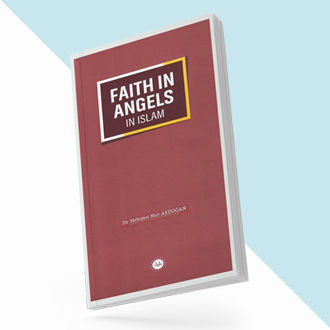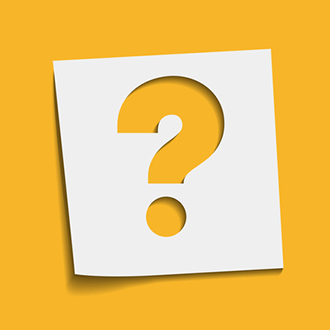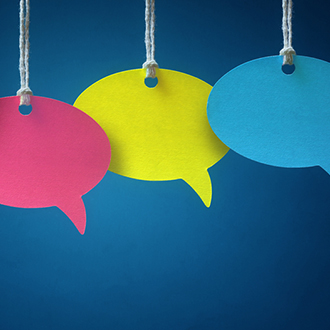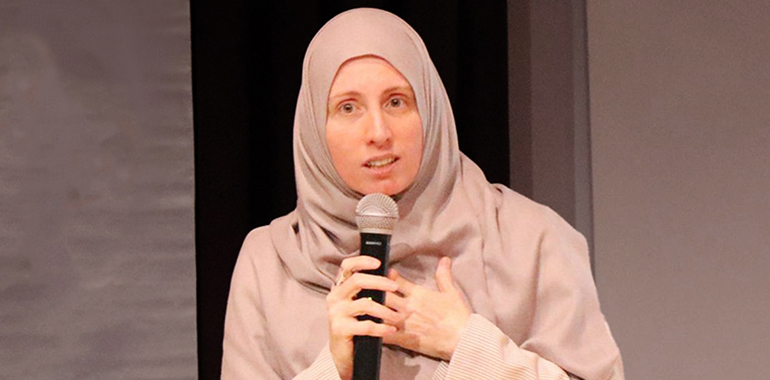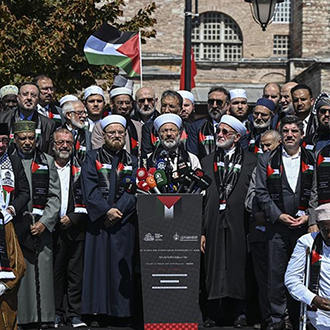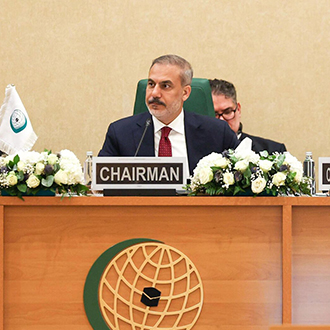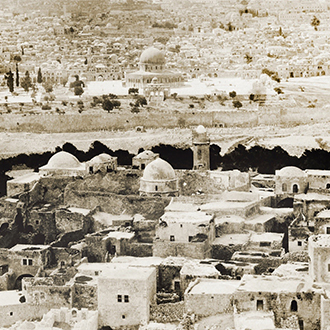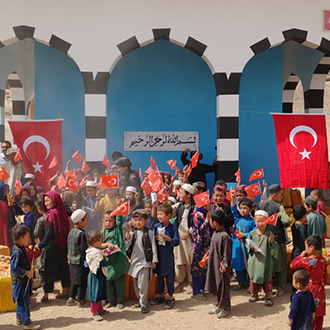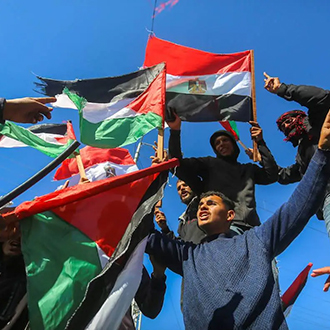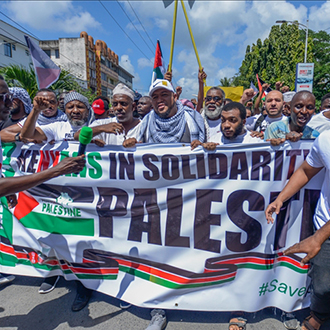So once I reached young adulthood, the natural state of the soul kicks in and it tells you that you are responsible for your future, and you are responsible for your own spirituality. Thus, I began feeling these things and I began wondering, what is my purpose in life? Why am I here? Where am I going? What am I going to do? All of this led to more inquiry and an expansion of my perspective, of what my possibilities are or what my possibilities were.
So, this led me into a state of searching. And because I couldn’t find exactly what I was looking for in my dad’s church nor and I couldn’t find it exactly what I was looking for in my mom’s church. And I couldn’t find exactly what I was looking for in school. I didn’t know where else to look except to God. So I started praying, Oh God, give me wisdom. I was in search of the truth. I was in search of what God wanted from me. But I couldn’t find that in Christianity, and I couldn’t find that in the education system. So I thought, OK, there has to be a path. There has to be some way of knowing what God wants from me. But I didn’t know what that was, and I didn’t know how to find it other than prayer.
What was your view of Islam back then? Were you familiar with Islam or Muslims at that time?
My first encounters with Islam were somewhat subliminal. For example, I watched a movie that was supposed to be about Muslims, but I did not realize that it was about Muslims. It was interesting and entertaining, but I didn’t get the religious aspect of it because they didn’t show how to pray properly in the movie. They weren’t conveying Islam correctly anyway. So it is a good thing I didn’t make the connection with the religion, but that was the first time I heard the words ‘Allah’ and ‘Muhammad’ (saw) and it just went in one ear and out the other. I didn’t make a connection but a seed was planted because I still have the recollection of that movie. I don’t know if it was my world history class or this movie that came first, but the other possibility of introduction to Islam was my high school world history class. This was a very interesting introduction to Islam. My teacher was standing in front of the class very excitedly saying these people wash themselves five times a day. And I was thinking, how does someone wash themselves five times a day? And later on, when I became a Muslim, I understood that she was talking about taking ablution. It took years for that connection to click. Back then I did not have any Muslim friends. I didn’t know what Islam was. I didn’t know what a Muslim was. These things were, like I said, very subliminally planted into my life, by Allah, alhamdulillah.
I understand that you were questioning everything during that period, but was there a particular moment or turning point when you made the decision to become a Muslim? Can you share the details of when you decided to embrace Islam?
It is a process, not like a sudden acceptance or rejection. It was taking those beliefs one by one, belief in God, in the prophets, and in my understanding of Jesus (peace be upon him). Yet, it was a fast process, spanning about six months from my initial introduction to Islam until my acceptance. This is because I was searching for the truth and wisdom. I had been praying for wisdom for three years and then when finally that book of 40 hadith was placed in my hands, I read it in two nights. And these 40 sayings of the Prophet Muhammad (saw), were so astounding to me. It is like they were the complete truth. The more I delved into the religion, the more I learned about it, and the more hope grew, this is something that we can actually not only believe but apply and truly benefit from. So when I was able to see the truth of Islam, it was a very easy decision to make, very quick decision alhamdulillah. And so I took that leap of faith.
You stated that you started to learn about Islam by reading a hadith collection. What has impressed you the most about our Prophet?
So when people are telling their stories about Islam, about how they became Muslim, often people refer to the Qur’an or dreams that they had or whatever. Mine is a bit different in that I started with the hadith, the sayings and sunnah of the Prophet Muhammad (saw) and that being able to see an applicable way of life through the life of the Prophet Muhammad (saw) was really very impressive to me.
I did struggle because of my Christian background with the concept of prophethood because in Christianity, there’s not a lot of emphasis on prophethood. In the stories about the prophets anyway, in the Bible, the majority of them have unbecoming behavior to what a prophet should be like. I know, as a Muslim, through the guidance of the Qur’an and the sayings of Prophet Muhammad (saw), that these stories of the prophets in the Bible have unfortunately undergone changes.
It’s so wonderful to have the opportunity to learn about the Prophet and be blessed with the knowledge of how to be the best human being. But that is also a big responsibility. The more we hold ourselves accountable, the more we learn and apply this gift from Allah, the life of the Prophet (saw), this path that he described and exemplified for us, the better our lives will be. It is not something to be taken lightly, and it is something to be pursued hastily because life is just too short. One moment we are here, the next we are gone. So, seize the moment. Seize the opportunity and benefit from it. That is a little bit of advice from your sister Najla.
In your book called “A Road From Texas to Truth”, you are talking about the hesitation your mom has about how women are treated in Islam. What do you think about the place of women in Islam?
My mom was concerned about how I would be treated as a Muslim woman, but that was because of her lack of knowledge of Islam. One of the first pieces of information I got about the role of women in Islam was from a very small brochure titled ‘Women in Islam’. It was like four or five pages, you know, very little information, and concise. However, it taught me that there was a tremendous bias against Muslims, which I was not aware of and found to be highly unfounded. There are cultures in the West that consider women property, not human, not intellectually capable enough to place a vote or own property. But the place that I saw that women held in Western society was not the place that I wanted to be in. It lacked protection. It lacked respect. It lacked care. Of course, that is not how every man behaves towards every woman in Western society.
In contrast, in Islam, Allah, as dictated in the Qur’an, and by the Prophet Muhammad (saw), through his words and deeds, emphasizes that women are to be protected, treated kindly, and respected, not violated. Unfortunately, many aspects of Islam are not often conveyed correctly. But we have the sources to learn our religion and learn the truth from the Qur’an, the Hadith, and the scholars. We can come to an informed conclusion. Whether individuals worldwide accept Islam or not, it is crucial to at least be aware of the truth and avoid conveying misinformation.
What is your last message to our readers?
I would like to say to everyone that we need to go back to our very first belief, and that is the belief in God. Unfortunately, as I came into Islam, I did not have a comprehensive understanding of my Creator. It was a superficial One that had been carried over from Christianity and somewhat added on and corrected in Islam. But the depth of our understanding of who Allah is, and what he wants from us, is the key to everything else. So it is crucial that we learn who Allah is so that we can trust Him and truly feel the comfort of knowing that He’s there, always watching, always caring, always embracing, always guiding, always rectifying, always establishing good and forbidding evil. It is just that we have to turn to Him, trust Him, and seek what He wants. Moreover, if we do not hold on to that rope with everything we have, the end will not be a pleasant one. It’s a very dark end. It is very miserable and it is a very painful end. Choose the light. Choose al-Nur.
